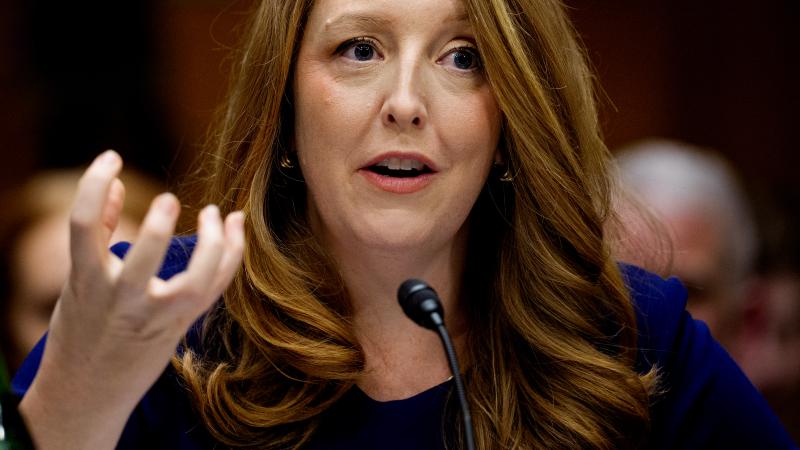Some Virginia school boards opposing new transgender policies
Rules would require students use bathrooms that match their biological sex and would also base athletic teams on biological sex.
Some school boards in Virginia are formally expressing their opposition to new transgender guidelines from the Virginia Department of Education, which would put more authority in the hands of parents and alter rules for bathrooms and locker rooms.
The Fairfax County School Board and the Falls Church City School Board voted to formally oppose the guidelines this week. School officials in several districts have already indicated that they will try to fight the guidelines.
“To the Board, the most concerning aspect of the model policies is that if they were implemented as drafted, they would codify practices in contravention of medical guidelines for care that would harm transgender and gender nonconforming children,” the FCCPS Board wrote in its official comments on the policies. “Such harm is antithetical to FCCPS’s mission, and indeed contrary to goals of public schools generally.”
Fairfax County Public schools sent a letter to the VDOE, in which it said the policies were discriminatory and could possibly drive businesses out of the commonwealth.
The rules, which have yet to go into effect, would require students use bathrooms and locker rooms that match their biological sex and would also base boys’ and girls’ athletic teams on biological sex. The guidelines also ask schools to make accommodations for transgender students, such as creating single-stall bathrooms that could be used by any gender and ensuring that rules against bullying are enforced.
Other changes would force schools to put parents back in the conversation. Under the new rules, schools would be required to inform parents before offering counseling services related to gender and would allow parents to object. It would also require that schools get parental permission before officially changing the student’s name or gender in school records. This is a departure from the previous guidelines, which directed schools to not inform parents of this information without the consent of the child.
Although school boards are required to follow the VDOE’s guidelines by law, the code does not have any enforcement mechanism and could require a lawsuit from an aggrieved parent to ensure enforcement. Several school boards failed to adopt policies that conformed with the previous administration’s guidelines.
















